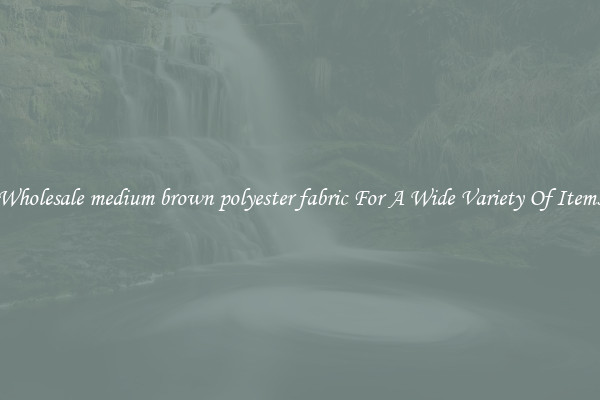Top-Notch forging and castings For Accurate Casts
When it comes to manufacturing precision components, top-notch forging and castings are essential for achieving accurate and high-quality results. Forging and casting are two of the oldest and most widely used methods for shaping metal into complex shapes, providing strength and durability to the final product.

Forging involves heating the metal to a high temperature and then shaping it with a hammer or press to create a part with the desired dimensions and properties. This process helps to align the grain structure of the metal, resulting in better mechanical properties such as increased strength and toughness. Forging is typically used for components that require high strength and durability, such as automotive parts, aircraft components, and industrial machinery.
On the other hand, casting involves pouring molten metal into a mold cavity and allowing it to solidify to form the final part. This process is often used for creating complex shapes that are difficult or impractical to forge, such as intricate designs and detailed features. Casting is commonly used in industries such as aerospace, automotive, and medical devices.
One of the key benefits of forging and casting is the ability to produce accurate and precise components with tight tolerances. This is important in industries where the performance and reliability of the final product are critical, as even a small deviation in dimensions can lead to serious issues. By using top-notch forging and casting techniques, manufacturers can ensure that their components meet the required specifications and provide consistent performance under various operating conditions.
In addition to accuracy, forging and casting also offer other advantages such as cost-effectiveness, material efficiency, and design flexibility. Forging, for example, requires less machining and finishing compared to other manufacturing processes, which can result in lower production costs and shorter lead times. Casting allows for the use of a wide range of materials, including ferrous and non-ferrous alloys, to meet specific performance requirements.
To achieve accurate casts, it is crucial to work with experienced and reputable forging and casting suppliers who have the expertise and capabilities to handle the complexity of the manufacturing process. These suppliers should have state-of-the-art equipment, skilled technicians, and quality control measures in place to ensure that the components meet the highest standards of excellence.
In conclusion, top-notch forging and casting are essential for producing accurate and reliable components that meet the demanding requirements of various industries. By utilizing these techniques, manufacturers can ensure that their products are of the highest quality, providing superior performance and durability for their customers.

View details

View details

View details

View details




